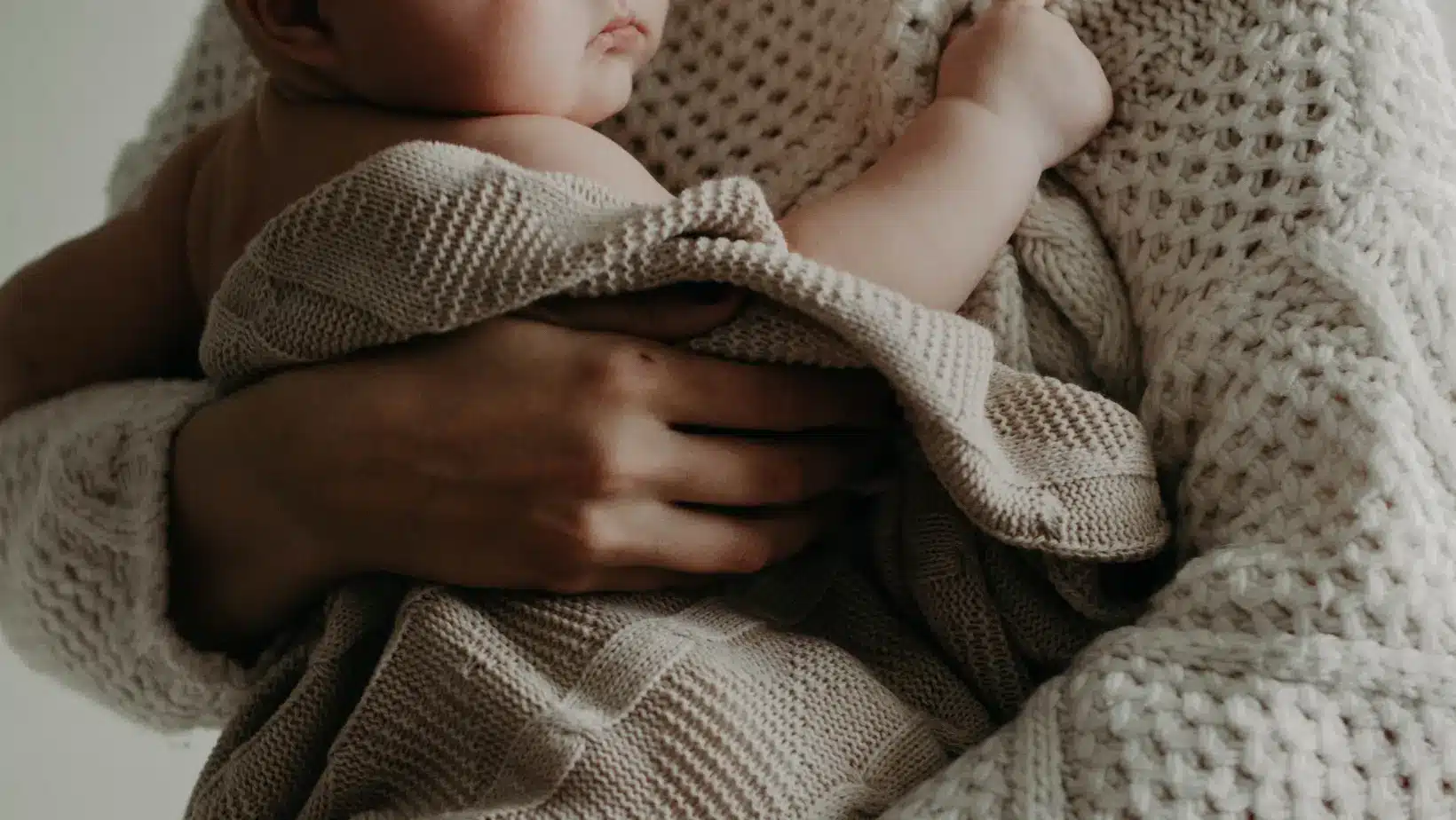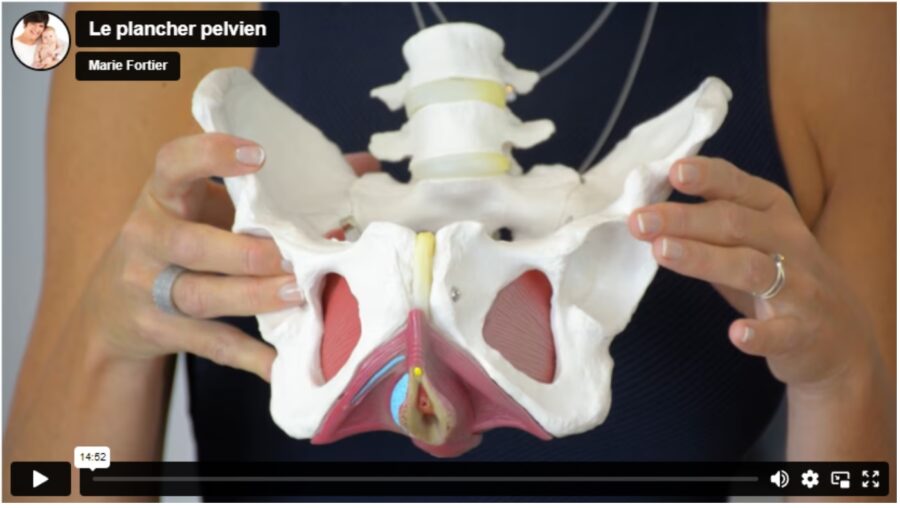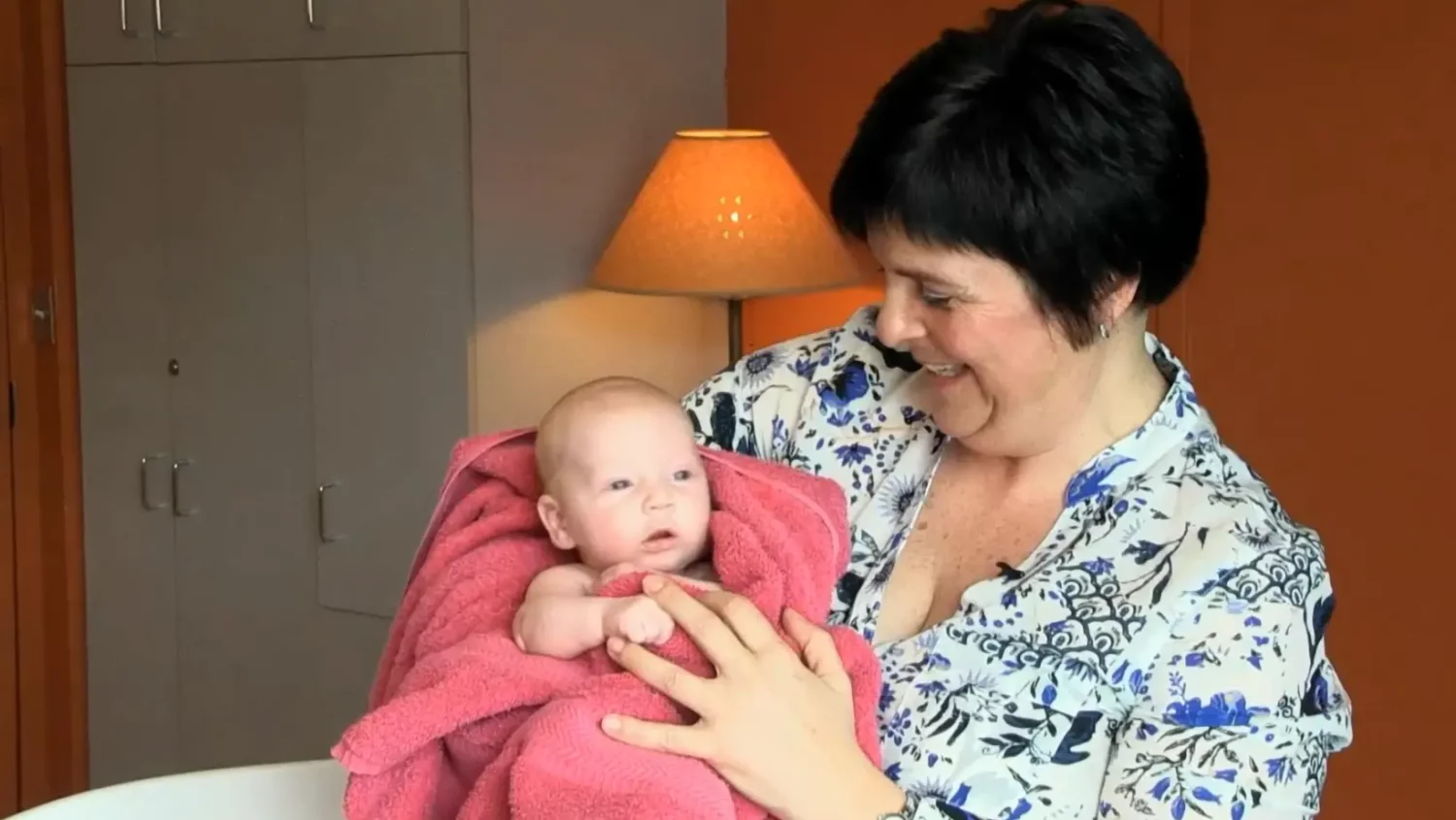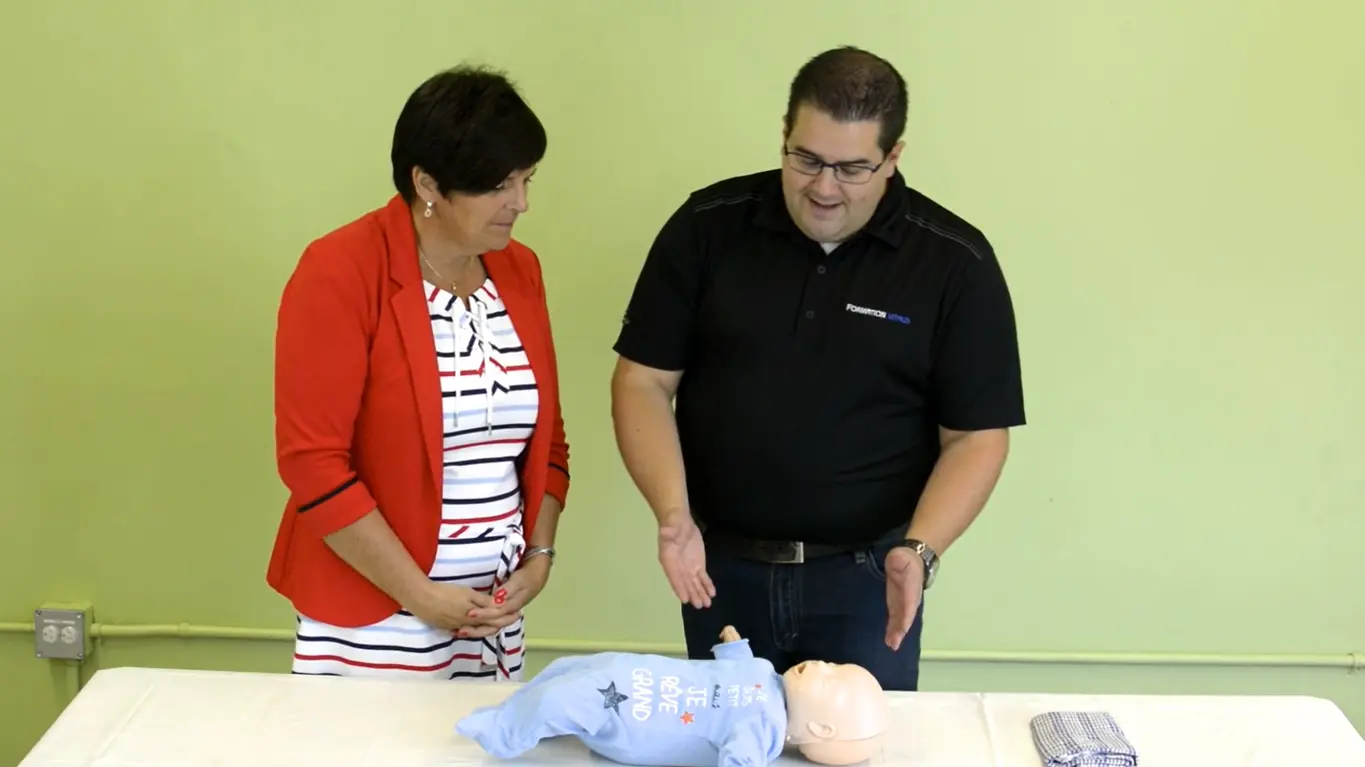Parents, it is clear that the birth of a child changes your life and requires you adapt to a complex process that is influenced by many factors. According to many researchers, the transition period to becoming a parent can start on deciding to conceive and last up to the baby’s first birthday.
For an easier transition, preparing for the arrival of a baby starts at least from the start of the pregnancy. Having a realistic idea of what is coming helps many adapt to their new role of parent. Don’t worry too much if you are expecting your first baby, because despite your lack of experience, all babies survive! 😊
Don’t forget this phrase when you are doubting your abilities: “you know, you will experience many first times, it’s the first time you will be a mom and dad, but never forget that your baby will also experience first times, that they are a baby for the first time.”
How can we survive this turbulent period without panicking too much? It is an important subject to deal with when we are preparing for birth, and this should be discussed as a couple. Give yourself the time to learn, to deal with the unknowns of life together so that each person knows their place and there is a balance. Having a child is experiencing a multitude of emotions that are always present but sometimes indescribable. Sometimes, parents feel swamped by events, tired, but happy at the same time. It is constant intensity over a short period of time, which makes it difficult to manage.
A newborn will likely create disorder when they arrive. Parents are often surprised by the depth of the needs of such a tiny person. It is important to efficiently communicate between parents to verbalise feelings and expectations of one another.
Each mother and father plays an important role for their child: attention, care, stimulation and the warmth that each offers is important for their proper development.
Already, the simple fact of re-examining the sharing of tasks, talking about intimacy as a couple, and keeping time for yourselves to remain energised will facilitate your respective adaptation processes. This transition will also require your personal resources, such as self confidence, a calm temperament and your general ability to adapt. Preparing for a birth is for sure preparing for the delivery, but also involves thinking about the return to the home with your baby. Each parent will do their best based on their life experience, history, memories they have developed over time, their culture, consciously or unconsciously learned models which may or may not be up for question. It involves questioning ones’ self, their personal, couple and community resources.
Each mother and father plays an important role for their child: attention, care, stimulation and warmth that each offers is important for their proper development. In fact, mothers and fathers interact differently with their baby, which is just fine given that their different personalities will increase the social experience of their baby and open them to community life.
In the prenatal period, it is important that the father and mother understand the importance and intensity of this transition to becoming parents. They need a network, a social support system that can contribute to the wellbeing of the new family. Not only in being available for the baby but to also be able to have time as a couple alone. Daring to ask for help is not always easy for new parents, but it is soooo helpful! A prepared meal, laundry finished, a cleaned house – these are extraordinary gifts from people who are close to you.
Also learn about community resources in the region, such a breastfeeding groups, activity groups for moms, family activities, parent-baby cafés, etc.
To have better self-confidence, each parent needs a positive retroaction from the baby, for example a smile, but also from the other parent, such as a comment when they congratulate them for something smart they did. The support network also plays a very important role in adapting to the parental role. Family, friends, and health professionals are important for instrumental support (advice, cooking meals, household tasks, babysitting) as well as emotional support (showing affection, listening, smiling, encouraging). Health professionals that are present during the pregnancy, prenatal classes or pre and postnatal can help you by supporting you, providing you tools and encouraging you in your new role.
One final point before ending: given that becoming parents is not really easy, give yourself the time to do it, day after day. You will feel better and more skilled in your role, and don’t forget to give yourself some slack for not being perfect!
For more information, please read the following entries:
- I’m Going to Be a Dad Soon
- My new role as a dad
- You are precious dad
- Dad and breastfeeding
- Starting to breastfeed
- Living with a caesarian
- Sexuality and pregnancy
- A new baby soon
- Contraception and breastfeeding
My Adapting to the Return Home video could also be useful.
Thanks, and talk soon!
Marie
The Baby Expert
Please share your experiences in the comment section.





